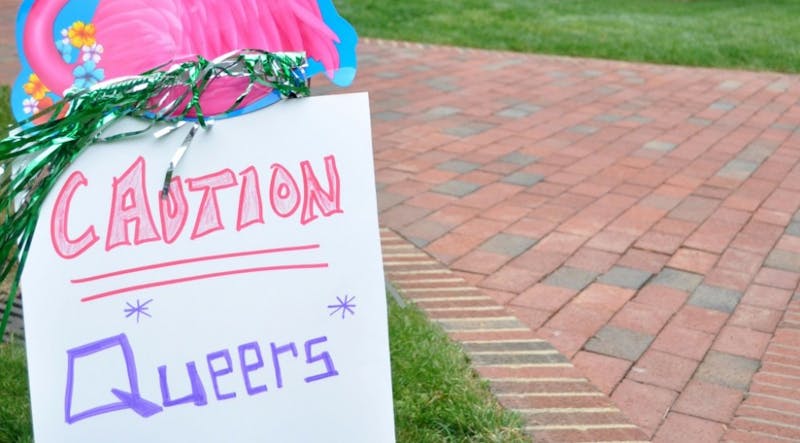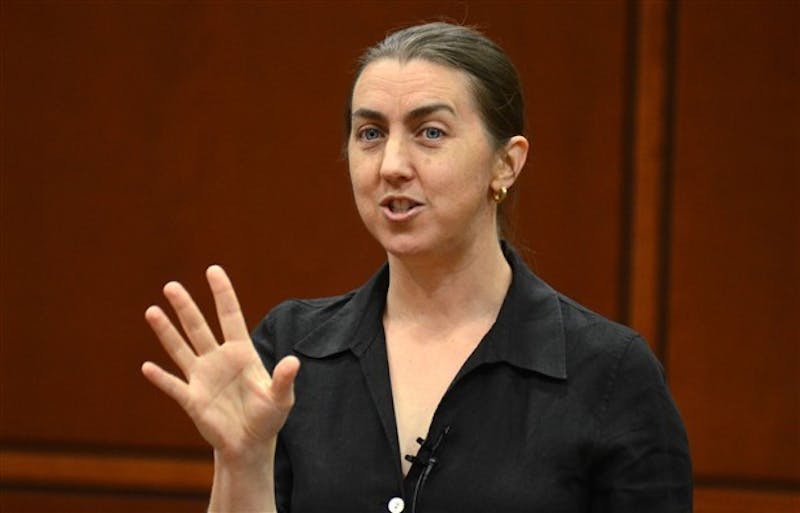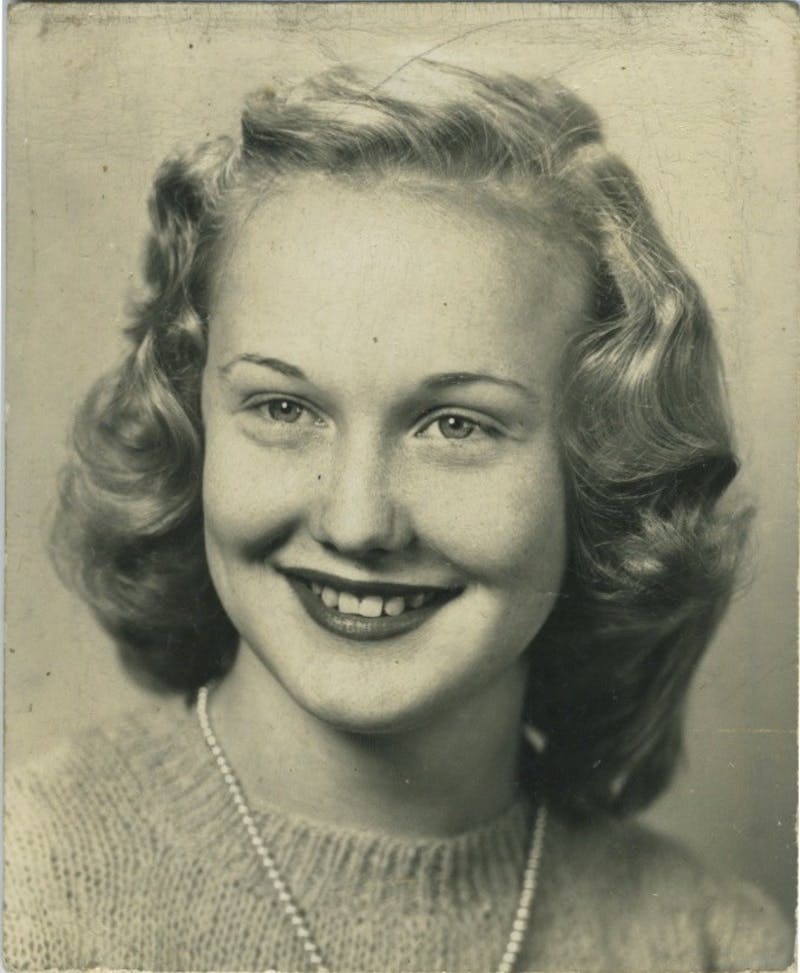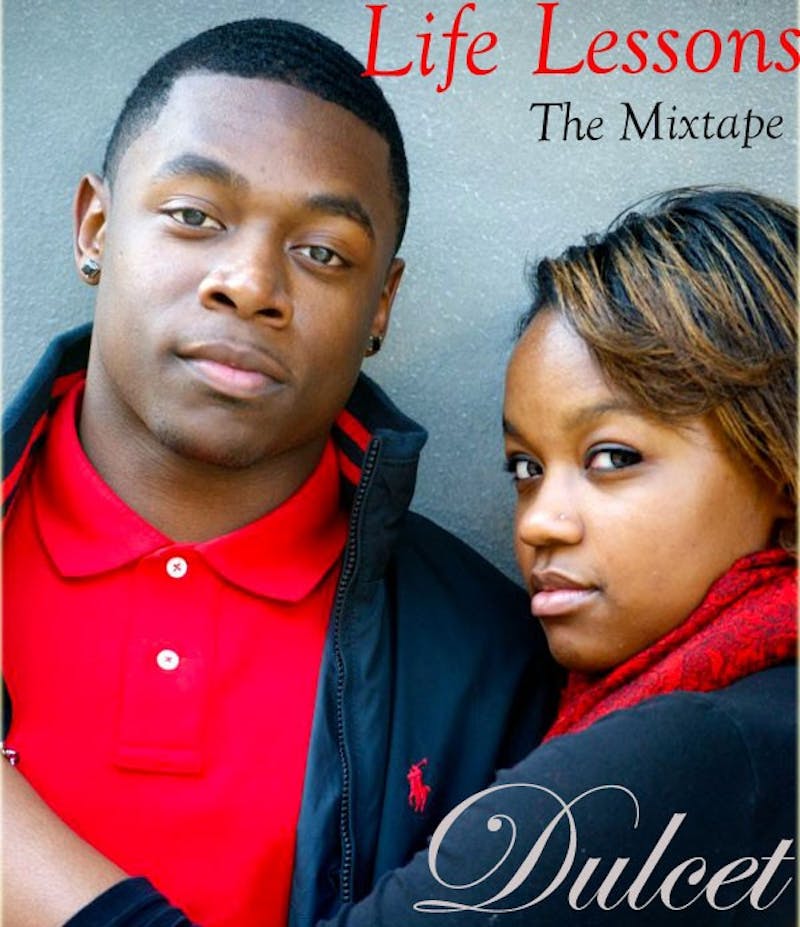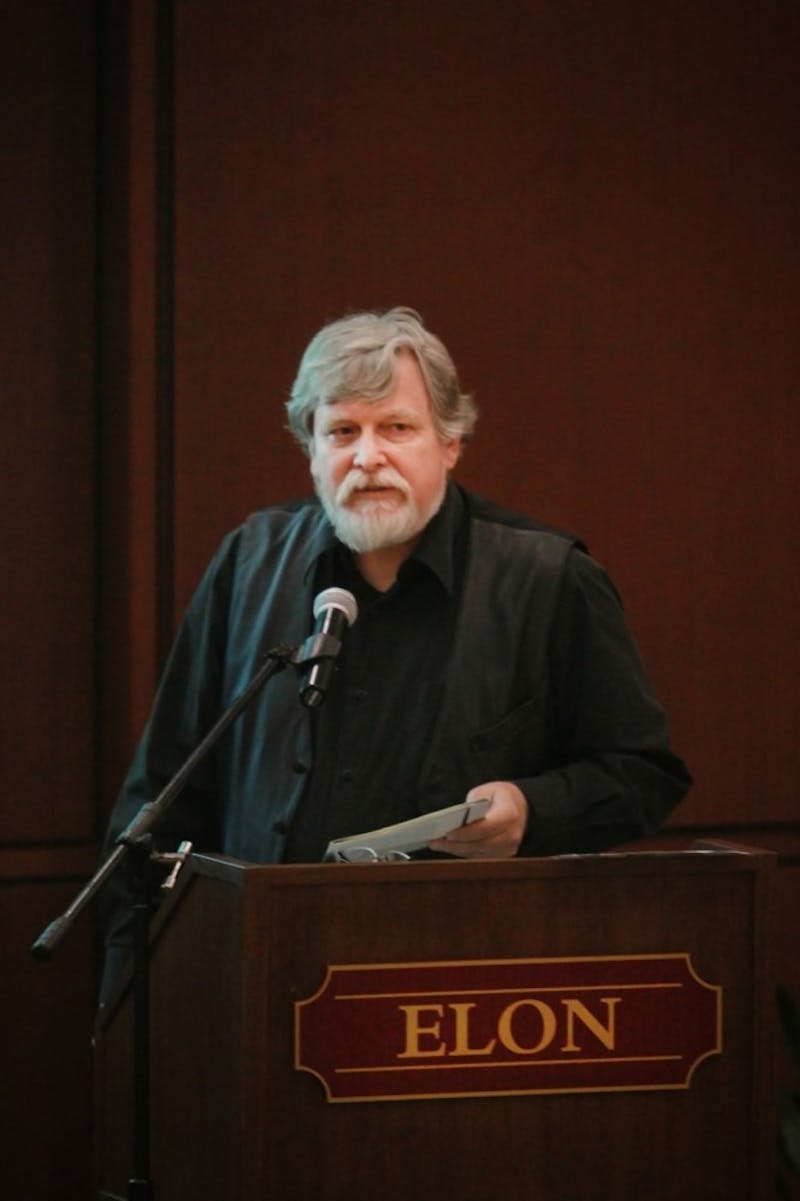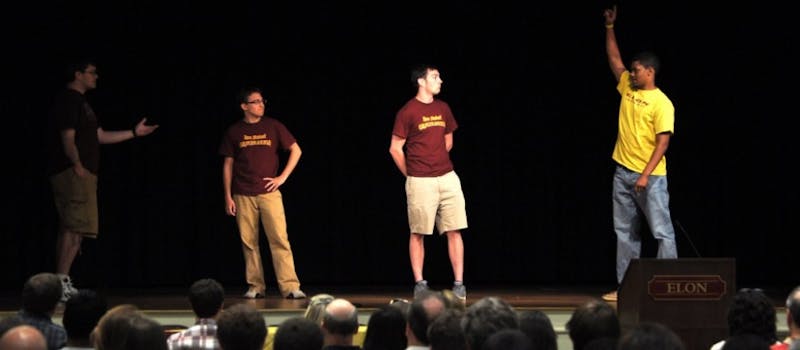NEWS
4/17/12 8:51pm
 By Evan Studenmund
By Evan Studenmund
“Why are Americans so afraid of strangers?” This was the question posed to me last night in Parque Montegrande (a public park in the neighborhood of Los Condes) by Eduardo SN (abbreviated last name for privacy), a fifty year old professor of the Spanish language who hails from a sleepy town in the Los Lagos (Lakes) Region of southern Chile. I had come to Montegrande in order to rehearse an academic presentation for the following day, and also to enjoy the cool breezes and tranquility that characterize the park at night. Eduardo (who was visiting relatives in Santiago during his summer vacation) had come to Montegrande in order to walk his cousins’ dog, who had drifted in my direction while I sat on a park bench reciting my academic spiel. After exchanging pleasantries, Eduardo took an interest in my presentation on Chilean artist Roberto Matta, and given his profession (as well as the fact that he taught at a university in Alabama for five years), he was able to help me improve my grammar and pronunciation. The topics of our conversation ranged from the intricacies of the Chilean accent/chilenismos (phrases and words that are distinct to this country) to the mentalities that allow us to enjoy our lives in a joyous and positive manner.
When it was time for us to head on our respective ways, Eduardo suggested that we exchange email addresses and cell phone numbers. I hesitated for a second, mostly because I still can’t remember the number for my Chilean movil (cell phones are only assigned 8 digits while land lines receive 10), but also as a result of that warning which was ingrained into our consciousnesses as young Americans: "Never talk to strangers!” As though he was reading my mind, Eduardo joked, “I know how you Americans are, always afraid to trust somebody new!” This was just one of the differences that he noted between Americans and Chileans. Another being that we "northern hemispherer" don’t understand how to properly enjoy a glass of pisco (a Chilean liquor distilled from grapes) or vino, as we are typically concerned with the inebriating effects of the drink, and thus ignore the potentials that a spirit has to solidify a friendship or connote an important situation. He further explicated that Americans act rather cold when exchanging salutations and goodbyes, limiting ourselves to handshakes given from an arm’s length apart. In Chile, women are greeted (by both sexes) with a hug and a kiss on the cheek, no matter how well you know the person. Men exchange brazos (hugs), and the male generation of Chileans that are my age also frequently give a quick peck on the cheek as well. This is not to say that there aren’t aspects of American custom that Eduardo doesn’t admire. If someone offers you a stiff drink in the states and you reply "no," you are not usually pestered any further, whereas in Chile a "no" connotes a challenge for the host to change your mind.
I think that I surprised Eduardo a bit when I played along with the joke of Americans’ fear of strangers, and gave him my email address, phone number and hug (no cheek-kiss, as he made sure that I understood that his generation does not engage in this practice). And why wouldn’t I? Here was a respectable and wise professor who spoke very good English and crisp Spanish (he was able to refrain from the machine-gun rhythm of Chilean speech), had helped me advance my Spanish grammar/pronunciations/vocabulary and gave me some very valuable life lessons (we should imagine ourselves as bees, moving from flower to flower, only extracting that which is entirely wholesome). I have spent a good bit of time in American public parks during the night, and never came close to receiving the enlightenment that I gained in Parque Montegrande. I suppose we Americans live with much unnecessary paranoia and preoccupation that prevents us from interacting with those who we do not know. Perhaps we are so caught up in the day-to-day cycle of our lives, so consumed by material possessions, that we miss those wonderful opportunities to broaden our perspectives that come free from a friendly new face. If you are devoting your attention to someone with something meaningful to say, you are never wasting time; you are learning and maturing. But hey, in the words of Eduardo, “At least you Americans aren’t as cold and paranoid as the British.”
